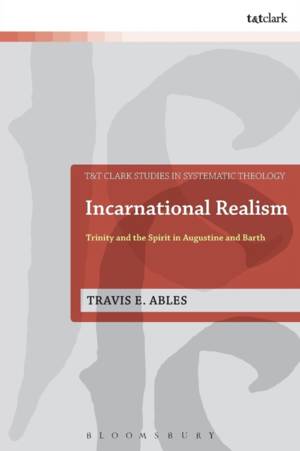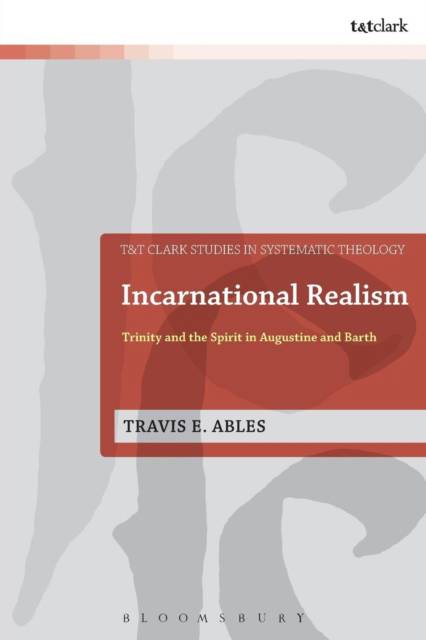
Bedankt voor het vertrouwen het afgelopen jaar! Om jou te bedanken bieden we GRATIS verzending (in België) aan op alles gedurende de hele maand januari.
- Afhalen na 1 uur in een winkel met voorraad
- In januari gratis thuislevering in België
- Ruim aanbod met 7 miljoen producten
Bedankt voor het vertrouwen het afgelopen jaar! Om jou te bedanken bieden we GRATIS verzending (in België) aan op alles gedurende de hele maand januari.
- Afhalen na 1 uur in een winkel met voorraad
- In januari gratis thuislevering in België
- Ruim aanbod met 7 miljoen producten
Zoeken
€ 88,45
+ 176 punten
Uitvoering
Omschrijving
In the last half of the 20th century, a consensus emerged that Christian theology in the Western tradition had failed to produce a viable doctrine of the Holy Spirit, and that Augustine's trinitarian theology bore the blame for much of that failure. This book offers a fresh rereading of Western trinitarian theology to better understand the logic of its pneumatology. Ables studies the pneumatologies of Augustine and Karl Barth, and argues that the vision of the doctrine of the Spirit in these theologians should be understood as a way of talking about participating in the mystery of God as a performance of the life of Christ. He claims that for both theologians trinitarian doctrine encapsulates the grammar of the divine self-giving in history. The function of pneumatology in particular is to articulate the human reception and enactment of God's self-giving as itself part of the act of God; this "self-involving" logic is the special grammar of the doctrine of the Holy Spirit.
Specificaties
Betrokkenen
- Auteur(s):
- Uitgeverij:
Inhoud
- Aantal bladzijden:
- 288
- Taal:
- Engels
- Reeks:
Eigenschappen
- Productcode (EAN):
- 9780567659774
- Verschijningsdatum:
- 18/12/2014
- Uitvoering:
- Paperback
- Formaat:
- Trade paperback (VS)
- Afmetingen:
- 156 mm x 234 mm
- Gewicht:
- 403 g

Alleen bij Standaard Boekhandel
+ 176 punten op je klantenkaart van Standaard Boekhandel
Beoordelingen
We publiceren alleen reviews die voldoen aan de voorwaarden voor reviews. Bekijk onze voorwaarden voor reviews.









